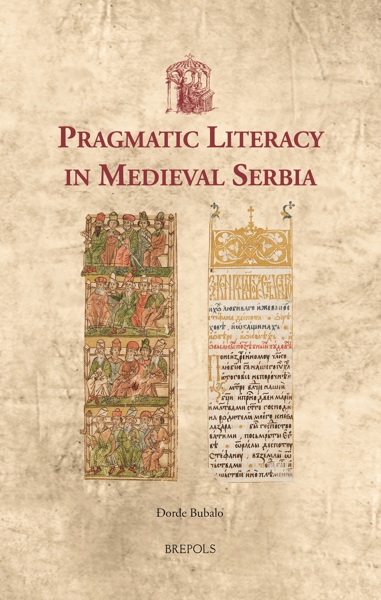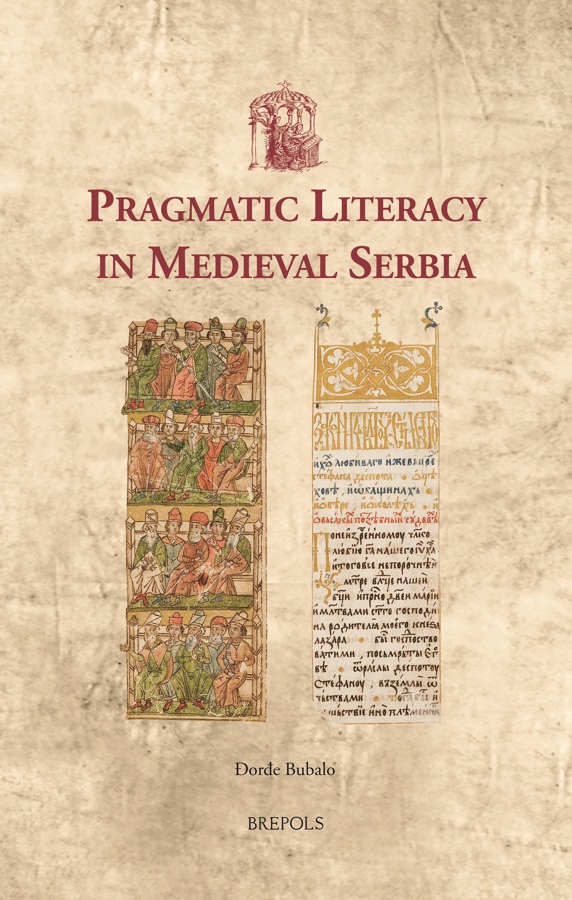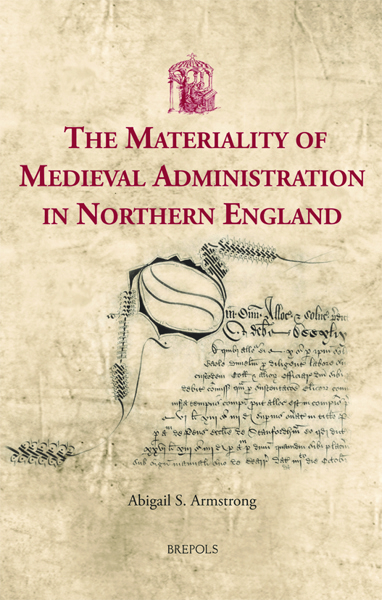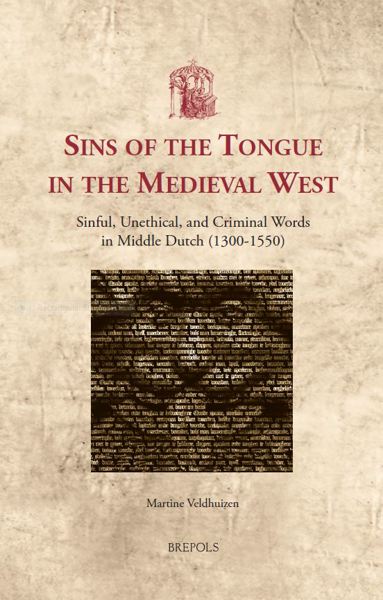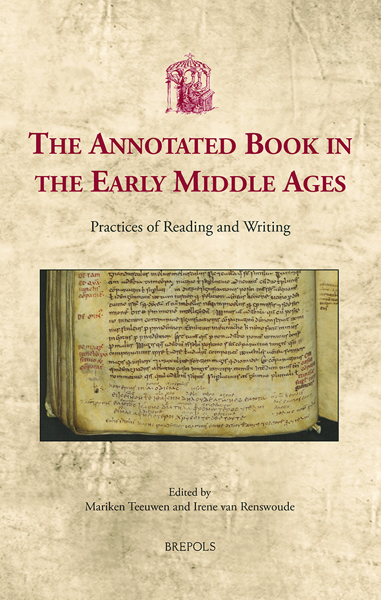
Pragmatic Literacy in Medieval Serbia
Đorđe Bubalo
- Pages: 428 p.
- Size:156 x 234 mm
- Illustrations:38 b/w
- Language(s):English
- Publication Year:2014
- € 120,00 EXCL. VAT RETAIL PRICE
- ISBN: 978-2-503-54961-3
- Hardback
- Available
- € 120,00 EXCL. VAT RETAIL PRICE
- ISBN: 978-2-503-56040-3
- E-book
- Available
Examining the significance and uses of written documents in medieval Serbian society, for the very first time the manifestations of everyday literacy are revealed in the area where the East and the West intersect in southeastern Europe.
"Bubalo’s book presents a much needed opportunity for traditional Western scholars to expand their knowledge of this dynamic region of the medieval world. All comprehensive collections of works on literacy in the Middle Ages will want to have this volume in their catalogues." (Denis Crnkovic, in: The Medieval Review,15.04.07)
"It is a welcome and useful addition to the Utrecht series." (Simon Franklin, in: Speculum, 90/2, April 2015, p. 512-514)
"Wir sollten bei alledem nicht vergessen, dass es sich hier bei aller erfreulichen Aufmachung des Buches (...) lediglich um die englischsprachige Version einer Dissertation handelt. Man wird von einem jungen, vielversprechenden Wissenschaftler nicht erwarten dass seine Arbeit in allen Punkten perfekt sei. Es bleibt zu wunschen, dass Đorđe Bubalo, der sich diesem seinem sonst wenig bearbeiteten Thema sicher weiterhin widmen und dabei wünschenwerterweise die Nachbartraditionen vergleichend stärker in den Blick nehmen wird, uns auch ein Alterswerk zum selben Thema schenken möge." (Nicolina Trunte, in: Südost-Forschungen 73, 2014, p. 542-546)
« Cet ouvrage (…) tient sa promesse de donner une présentation didactique et pragmatique des usages de l’écrit dans la Serbie médiévale. Outre son organisation très claire, son exposé fourni et maîtrisé, abondamment illustré de photographies de documents, il est doté de cartes, d’index et d’une liste des rois, empereurs, ducs et despotes ayant exercé le pouvoir dans l’espace serbe et bosniaque. La traduction anglaise est vivante et soignée (…) ». (Pierre Gonneau, dans les Cahiers de Civilisation Médiévale, 59/235, 2016, p. 294)
The interweaving of Latin and Byzantine influences shaped the culture of literacy in medieval Serbia. Unprecedented in the field, this study aims to show that, even if only about 1000 Serbian medieval documents are preserved, this does not mean that little had been written. An exploration of the use of written documents in commercial, legal, and private relations in late medieval Serbia constitutes the basic scope of the research. It focuses on the documents’ fate and on their social roles from the moment they were issued or submitted to their beneficiaries. The making of charters - by rulers, the Church, the aristocracy, towns, and public notaries - is analysed, as are the main fields of the use of the written word - evidentiary procedure, diplomacy, and correspondence. The citation of individual examples of pragmatic literacy allows us to give an approximate idea of how widespread the belief in the power of the written word really was. Even though the ways in which documentary literacy manifested itself in late medieval Serbia display certain idiosyncrasies, the growth in the use and reputation of written documents suggests that the Serbian case was not all that unlike the written customs and practices elsewhere in medieval Europe.
Foreword
Acknowledgements
Abbreviations
List of Illustrations
Maps
Chapter 1. Introduction: Medieval Serbia (Land, Ruler, People)
Part One: Written Records in Medieval Serbia
Chapter 2. Several Observations on Sources
Chapter 3. Characteristics of This Research
Chapter 4. Basic Characteristics of the Documentary Legacy of the Serbian Middle Ages
Chapter 5. Social and Material Prerequisites of Written Communication
Part Two: Agents of Literacy
Chapter 6. The Ruler
Chapter 7. The Church
Chapter 8. The Nobility
Chapter 9. The Towns
Chapter 10. Public Notaries and Private Legal Relations
Part Three: Domains of the Use of the Written Word
Chapter 11. Diplomacy
Chapter 12. Correspondence
Chapter 13. The Probative Force of Documents and Their Role in Judicial Proceedings
Chapter 14. In Place of a Conclusion: The Significance and Scope of the Written Word
Select Bibliography
Primary Sources
Secondary Materials
Appendix I: Latin Transliteration of Old Cyrillic Alphabet
Appendix II: List of Rulers
Rulers of Medieval Serbia
Rulers of Medieval Zeta (Duklja)
Rulers of Medieval Bosnia
Index
